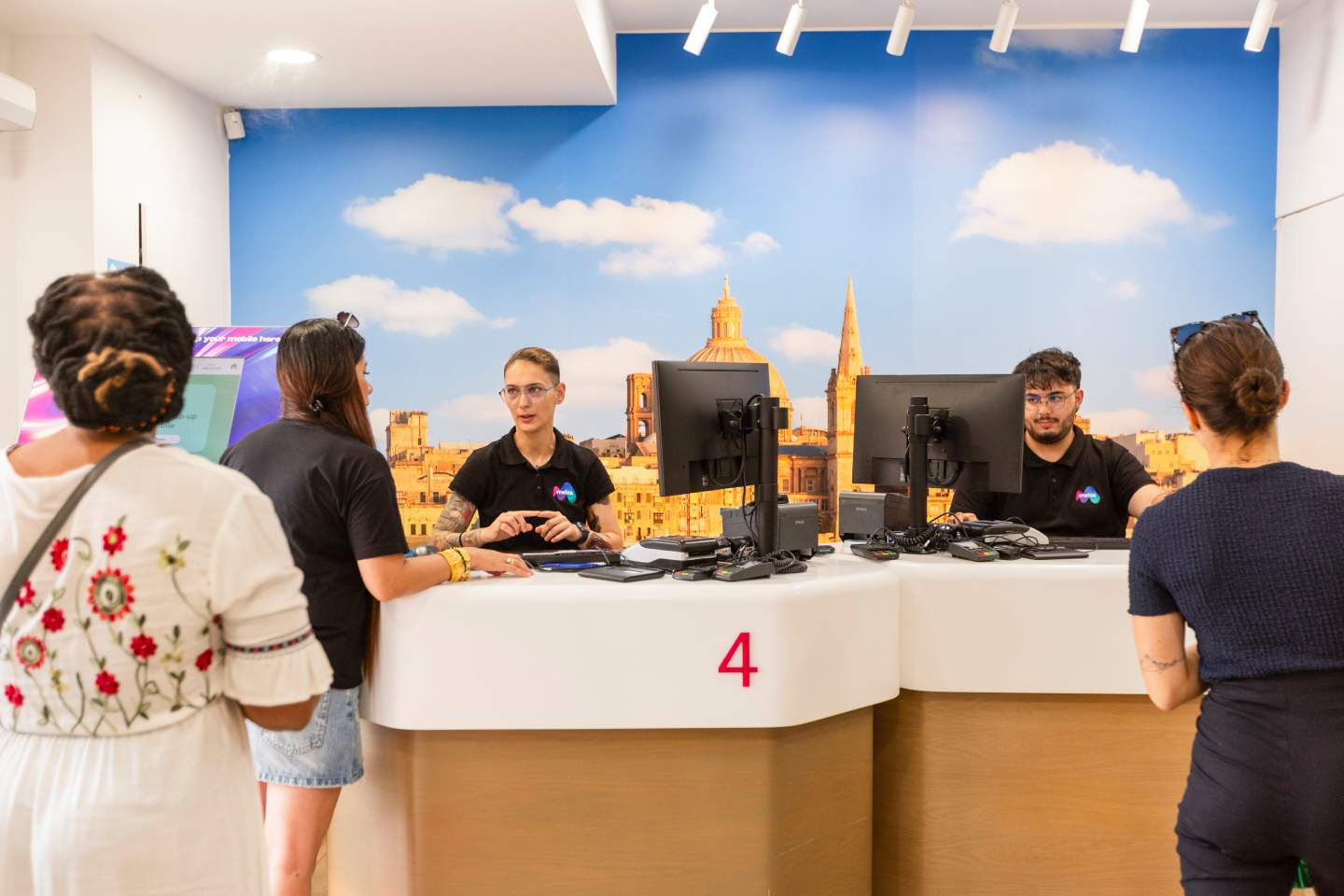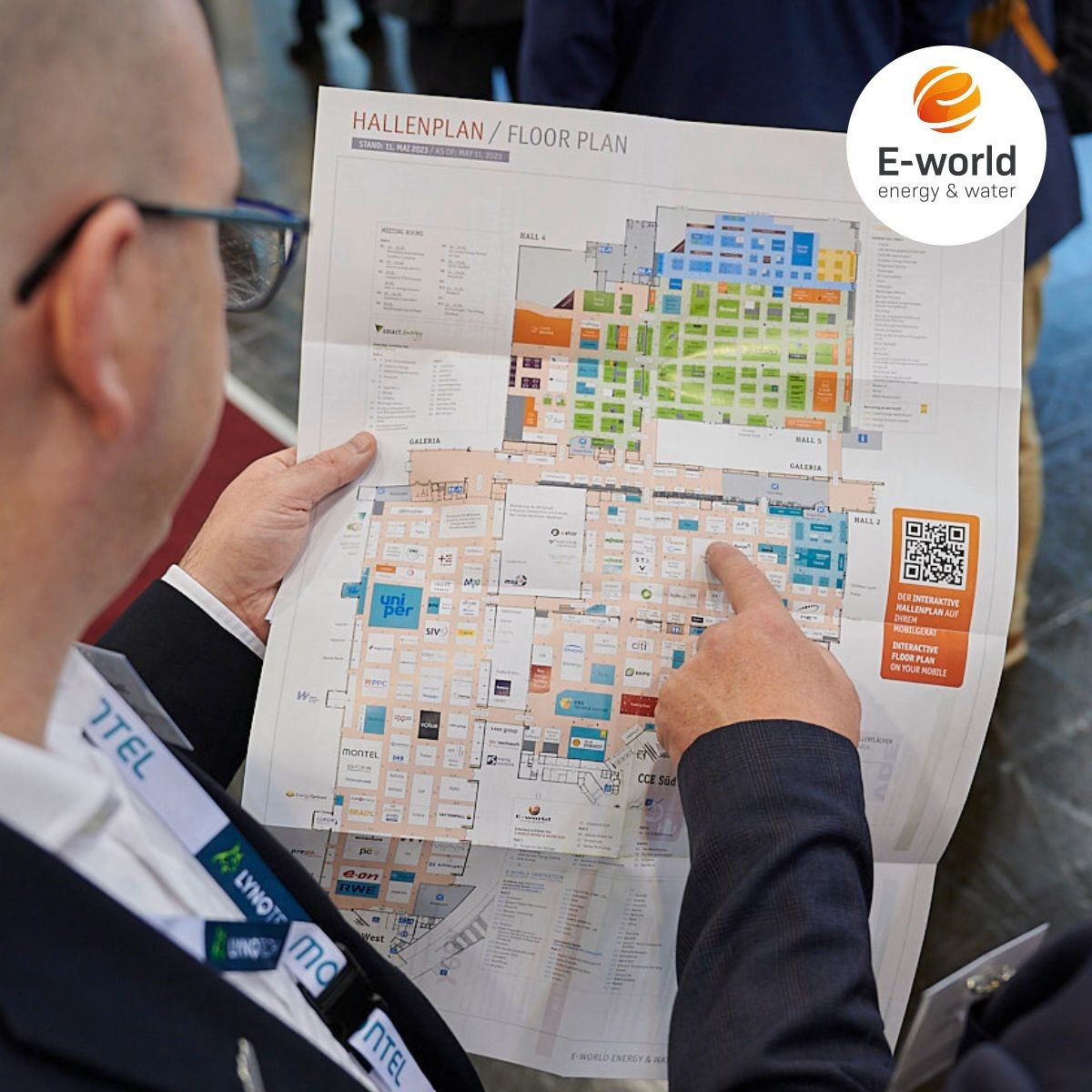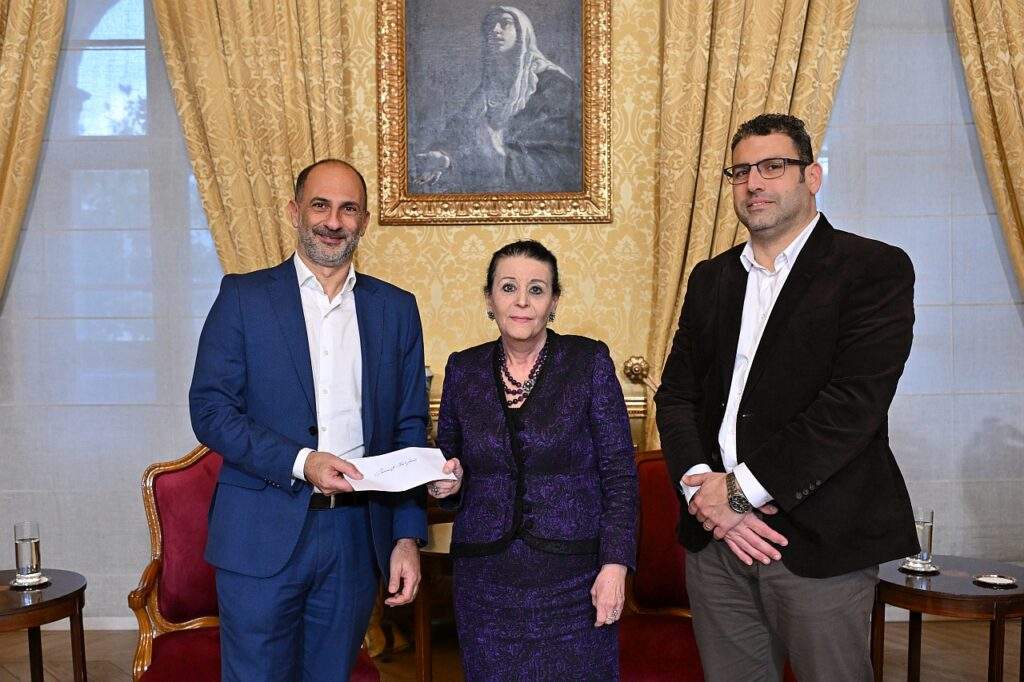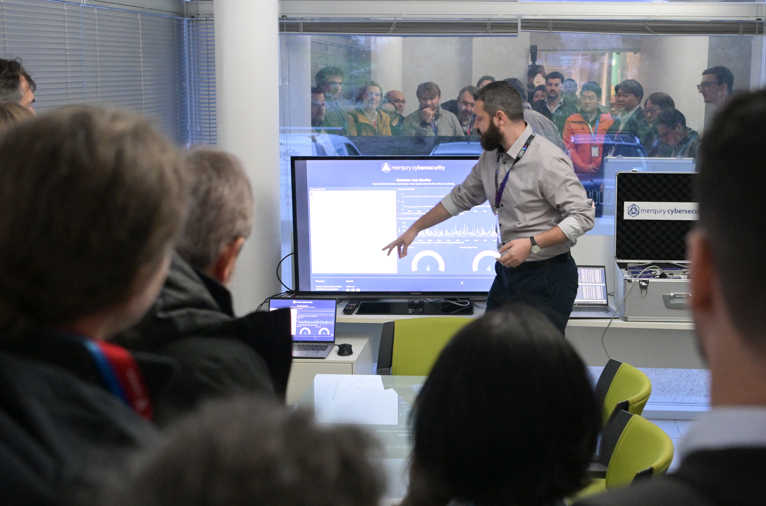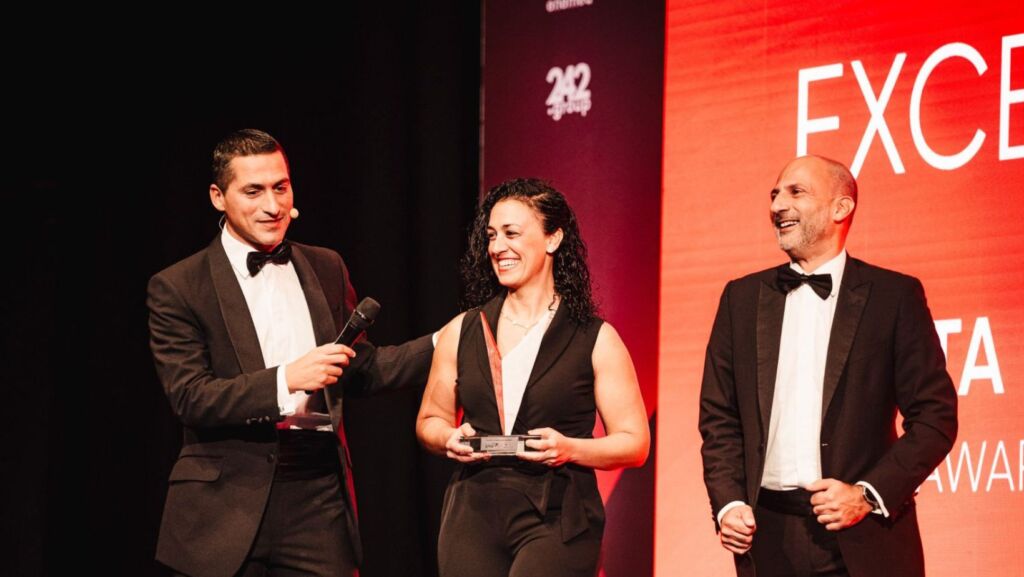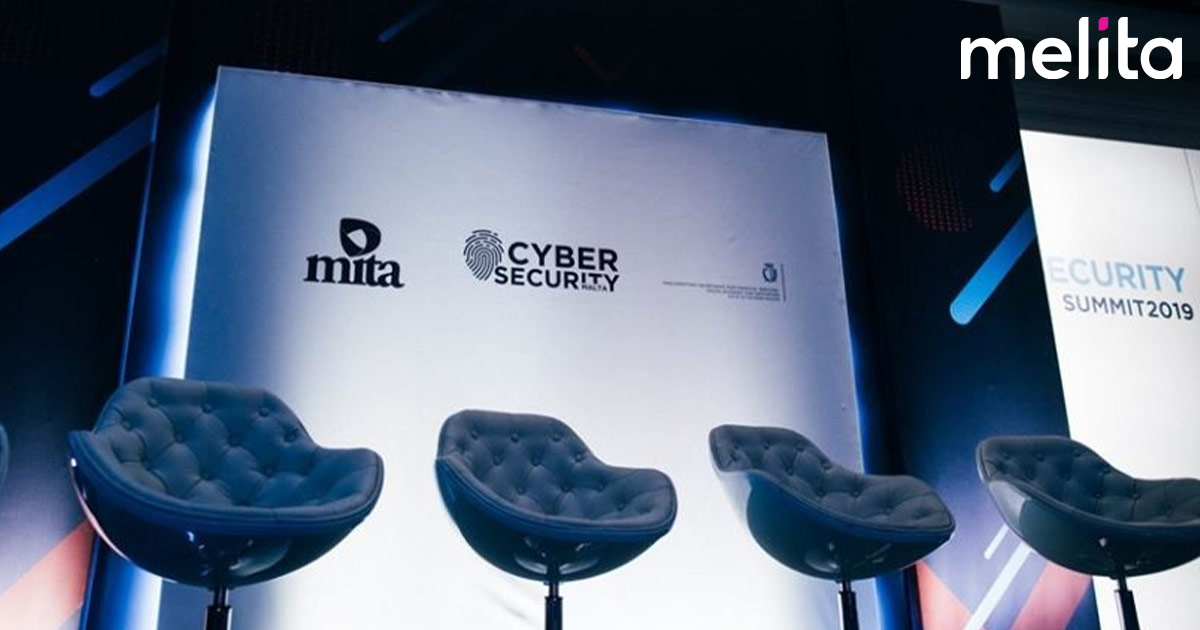
Cyber-attacks are growing world-wide. This may not come as a surprise; what may be more startling is how many attacks occur on a typical day: 2000– or perhaps the greatest shock is how little someone would need to pay a black-hat hacker to take a website – your website – down for a day: less than $100. Now consider how much it would cost your business if your website were down for a day? With that in mind, it’s definitely not a surprise then that CEOs around the globe are becoming more aware of the very real threat unseen, unknown hackers represent to their businesses and the far-reaching consequences of an attack. Indeed Cyber-attacks represent the greatest risk in six out of ten of the top economies in the world.
Of course, in Malta we are not immune; the challenge is to keep ahead of the cyber criminals by strengthening cyber security within our businesses. As part of my role at Melita, I had the pleasure to attend the first ever Cyber Security Summit in Malta, organised by Cyber Security Malta. This one-day summit was specifically aimed at raising awareness around the various types of cyber security threats, how they may affect businesses, what action can be taken to mitigate the exposure to these threats and how businesses can plan to deal with the results of an attack if one were to occur – or when.
Opening the summit, the Parliamentary Secretary for Financial Services, Digital Economy and Innovation Silvio Schembri, announced the establishment of the B SECURE scheme, with an initial budget allocation of €250,000. This much-welcomed scheme is designed to help Maltese-based business assess the security and risk profile of their digital assets. A key part of any company’s cyber-security standing is the behaviour of their employees. The B SECURE scheme offers assistance with educating employees; allowing individuals to earn internationally recognised certification.
Bring your own device – cost saving or cost creating?
Highlighting an area where employee actions can be critical to cyber-security, one of the speakers, Markus Bauer, discussed the concept of bring your own device (BYOD), which is popular with many employers and employees, yet is one of the most complicated headaches for an IT departments. Even though BYOD is an excellent business model which enables greater flexibility and enhances productivity, it exposes the entire organisation to huge security risks. Emphasising how beneficial BYOD can be, Bauer stressed how organisations should expand their security policies to include the additional devices accessing the company network, educating employees on how to keep their devices secure and constantly monitoring any security breaches.
The double-edged sword of data
Today our businesses rely on data, yet all the speakers highlighted the challenges and concerns that IT Managers and companies are facing when it comes to protecting that data from cyber criminals; keeping data safe requires much more than routine back-ups. Security incidents and data breaches can result in irreversible reputational loss, direct economic loss and sometimes even regulatory sanctions.
Stop, Think. Connect
George Balafoutis from Microsoft shared some of the most commonly observed security mistakes which are made within organisations. A very interesting speech which stated that 81% of cyber-attacks are because of stolen or weak passwords. During his speech he took us through the various types of cyber-crimes and made us aware that these affect every single user within the company. He showcased how these issues go beyond big corporations and governments; anyone who holds an email or social media account can be targeted. Having a complex, unique passwords is essential. Through various examples and facts, Balafoutis invited all the audience to stop and think before we connect
Mitigating the risk of Cyber Attacks
Melita offers our clients enterprise grade distributed denial of service (DDoS) mitigation solutions through CenturyLink – one of the largest global connectivity networks. CenturyLink provides layers of defence through enhanced network routing, rate limiting and filtering that can be paired with advanced network-based detection and mitigation scrubbing centre solutions. Attack traffic is filtered out and clean good traffic is sent back to the customer via a dedicated Melita internet connection. Mitigating denial-of-service (DDoS) attacks means that customers can stay connected to the internet, while websites and critical applications stay up and running.
Get in touch
If you would like to find out more about how we can help you, please give us a call or drop us an email on sales@melitadatacentre.com or visit our website melitadatacentre.com


